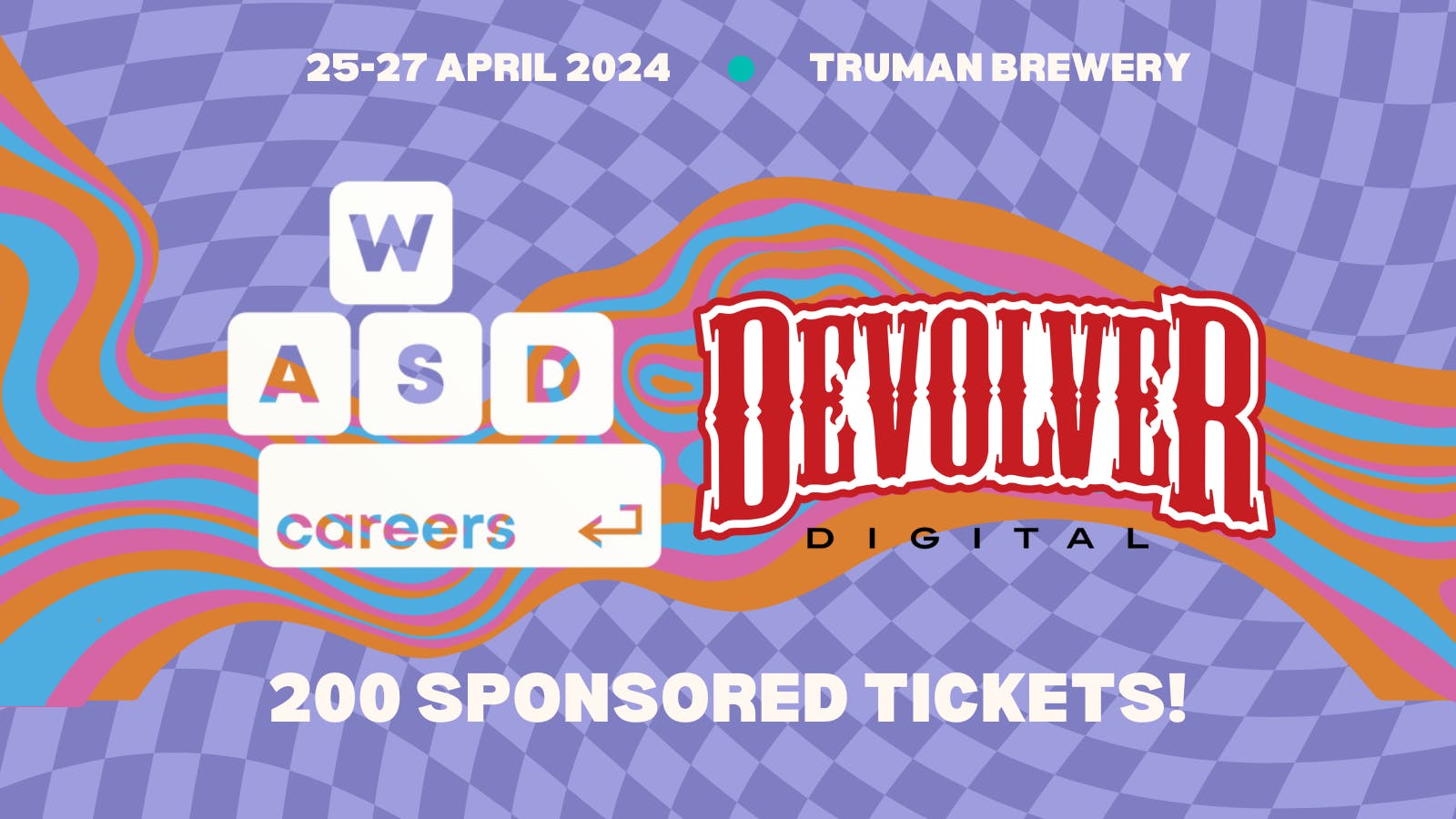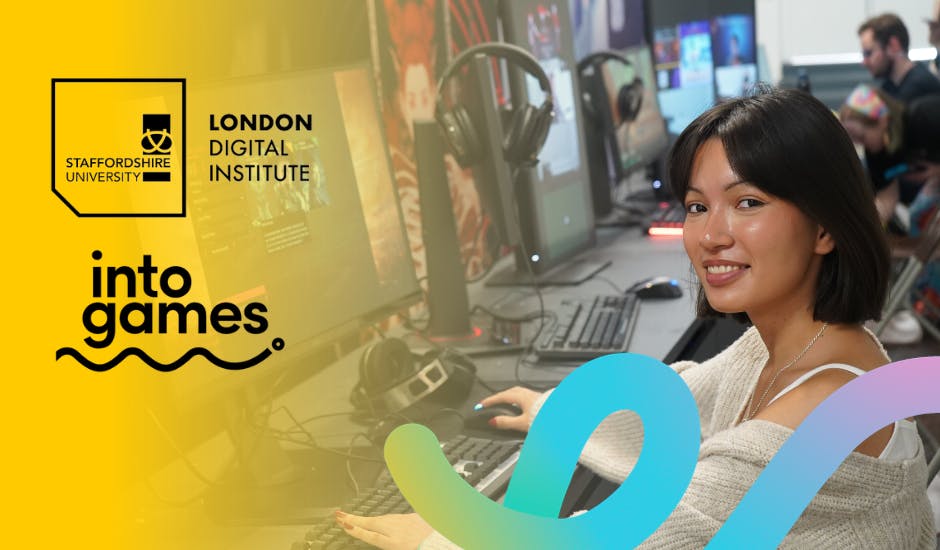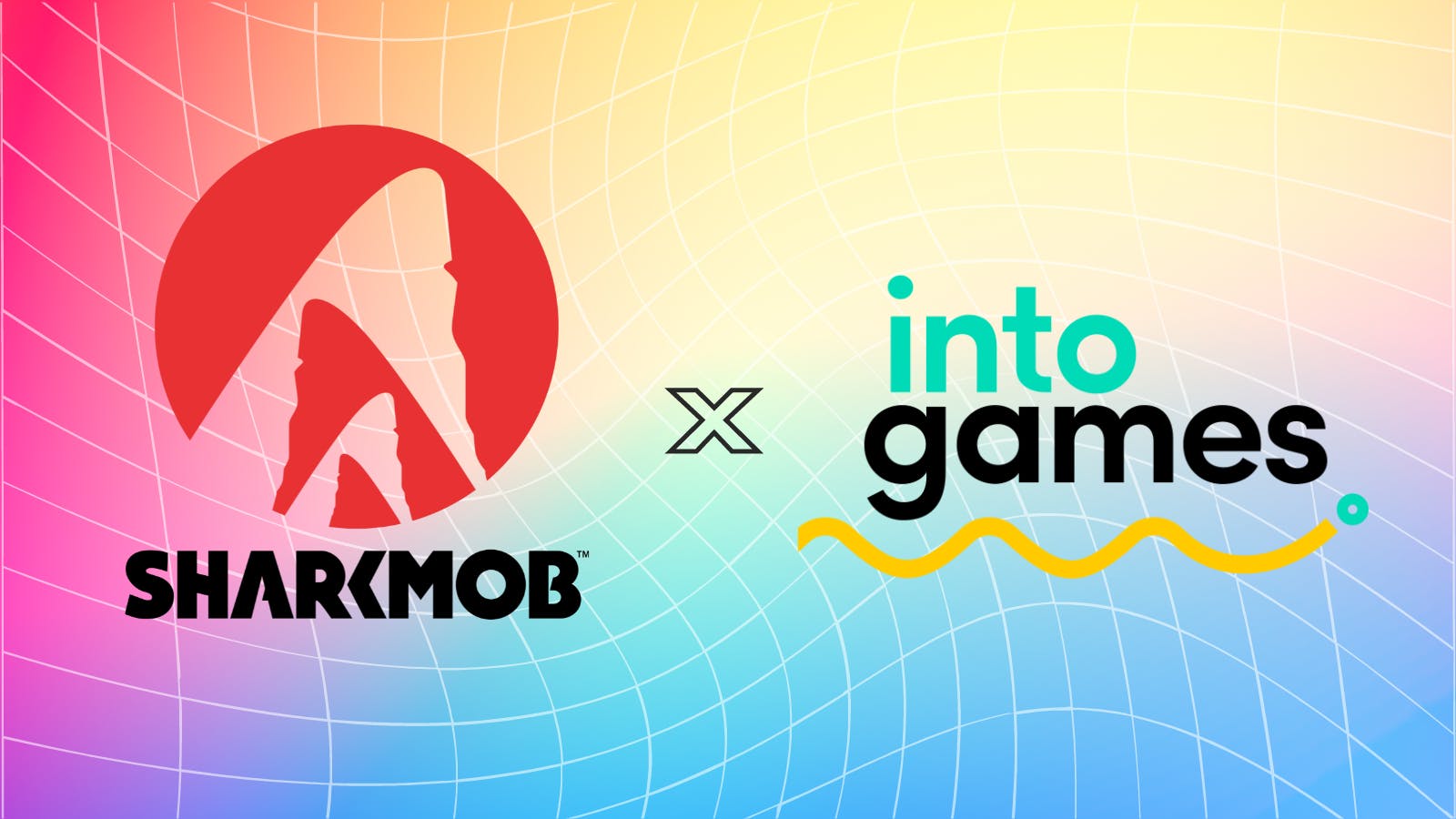YOUR LEARNING JOURNEY
Many Network Programmers have a degree, which provides professional development and a recognised qualification to employers. However, there are many available pathways and all people working in games claim a unique career journey. Above all, you will need to demonstrate passion and skills in your chosen field. For this job role, you should be loves technology, coding and problem-solving.
As a professional, you will be responsible for building and maintaining the systems that connect players to each other. The most popular game creation engines use the coding languages, C++ (Unreal) or C# (Unity), but languages like Java and HTML5, are also used depending on the game type.
Working in the games industry is highly competitive and you’ll need to make sure your CV stands out to employers and course leaders.
Network Programming is a specialist role and many begin their career in junior programmer positions to work their way into this profession. Your CV should show a passion for games and outline a range of coding skills and achievements. For more ideas, see our top tips page on building your portfolio.
Whatever role you are working in, it is essential that you understand the game making process. You can head to our build a game section for first steps; join a regular game jam to build up your skills and network; or start modding others games to gain experience.
.jpg?ixlib=gatsbyFP&auto=compress%2Cformat&fit=max&rect=0%2C188%2C1200%2C987&w=450&h=370)


.png?ixlib=gatsbyFP&auto=compress%2Cformat&fit=max&w=1600&h=900)


.png?ixlib=gatsbyFP&auto=compress%2Cformat&fit=max&w=1600&h=900)
.png?ixlib=gatsbyFP&auto=compress%2Cformat&fit=max&w=1600&h=900)